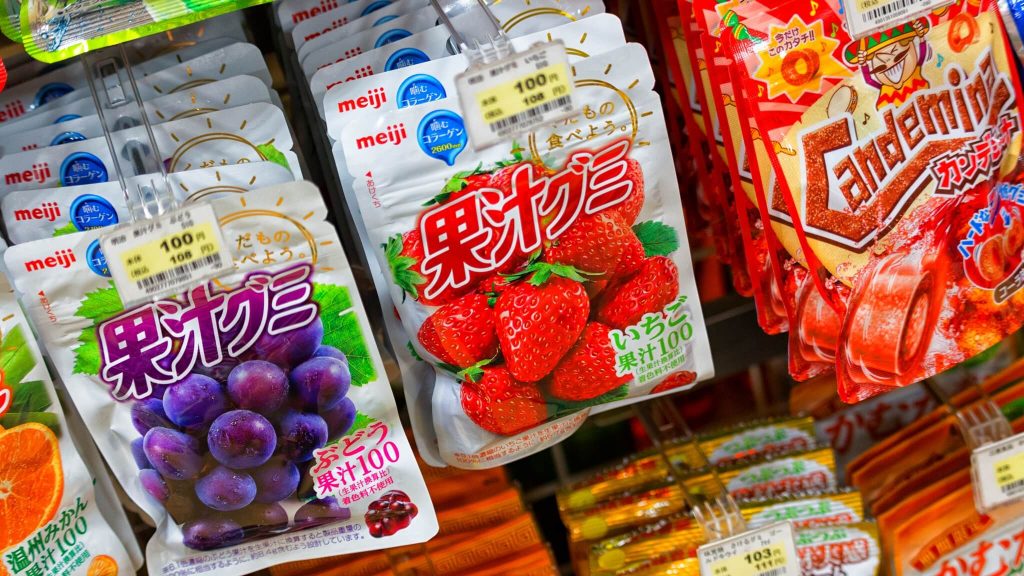Japan’s largest confectioner Morinaga & Co. just announced plans to end all animal testing not required by law. The decision was made following conversations with the largest animal rights organization in the world, People for the Ethical Treatment of Animals (PETA).
Morinaga & Co. has been in business for more than 100 years selling candy, soft drinks, and ice cream. It is also the brand behind the popular candy HI-CHEW, sold in the United States.
Previously, the company conducted “cruel and archaic tests,” writes PETA, to put forward health claims about its food items. Morinaga & Co. has published its experiments in the past, revealing that it force-fed, starved, irradiated, and injected nearly 100 mice and rats. The animals were then killed by cervical dislocation (whereby the neck is broken) and dissected.
PETA reached out to the candy company urging it to reconsider its experimentation, highlighting that the tests are not required by law, the results cannot be applied to humans, and the ingredients being tested — like passion fruit seed extract, aloe vera, and grape extract — hold no toxicity concerns. “In effect, there was no reason the tests couldn’t be conducted using human subjects or other high-tech, non-animal testing methods,” the animal rights group said.

As a result, Morinaga & Co. pledged to no longer engage in animal testing, joining many other brands that have made similar promises. Global personal care brand Dove recently announced it had gained a PETA cruelty-free certification. Similarly, the largest producer of ramen noodles in North America ended its tests on animals, as did three other major food and beverage companies.
A growing number of studies prove that consumers prefer products that are not tested on animals. Previous research uncovered that 72 percent of people find animal testing to be “inhumane or unethical.” And in October, The Body Shop delivered a petition to the United Nations that boasted 8.3 million signatures, urging the UN to end cosmetic animal testing around the globe.
As well as the animal cruelty involved in experimentation, animal testing is said to be an ineffective way of predicting human reaction to products, only doing so 40 to 60 percent of the time.
Become a CLUBKINDLY member today!


